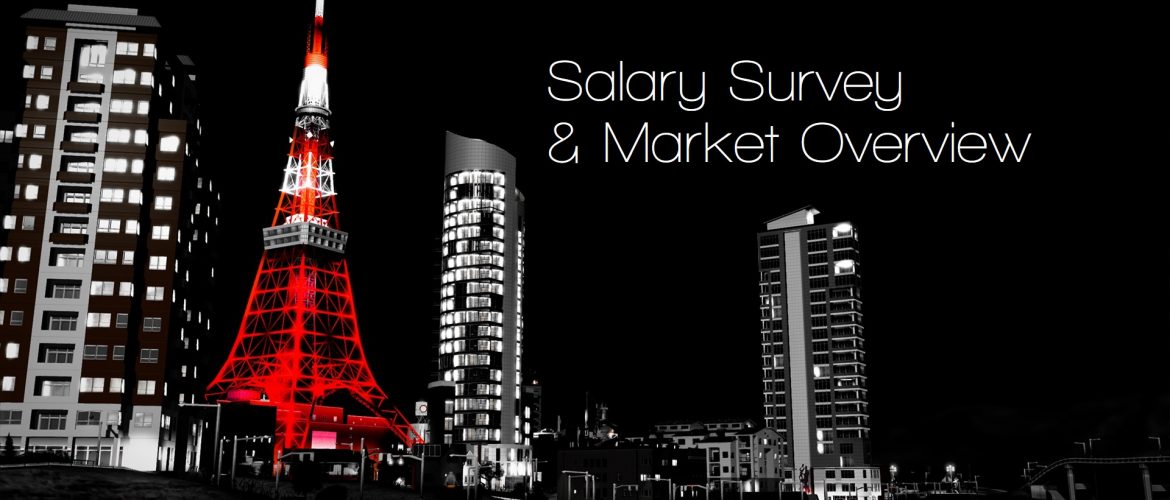-
- 02 1月
2018 Legal & Compliance
Overview
Japan’s legal market continues to be characterized by a shortage of qualified candidates with strong English language and communications skills. A premium is also placed on lawyers, qualified and non-qualified, who can display a clear understanding of a sensitivity to commercial demands.
The Japanese legal education system, and extremely challenging bar exam, has traditionally been very effective in producing lawyers with a solid understanding of laws and regulations, but clients often require a more practical approach and awareness of the nuances of the law and its application in business situations. This requirement further reduces the limited candidate pool.
In-house Salary Range (JPY):
Head of Legal / General Counsel 18M ~ 30M
Legal Counsel 15M ~ 22M
Legal Manager / Contract Manager (non-admitted) 8M ~ 13M
Legal Specialist / Legal Staff (non-admitted) 5M ~ 8MTrend
One of the major trends driving the legal recruitment market this year, for private practice and for in-house teams, has been the continued high level of activity in outbound M&A. Factors such as negative interest rates in Japan and a weakening of some domestic market sectors, due to downward demographic trends for example, have meant that cash-rich corporations are looking overseas for investment and business development opportunities. This generates a number of challenges for legal teams, ranging from marrying different corporate structures and governance procedures to handling disputes through litigation or other dispute resolution methods.
One other recent trend in the private practice sector has been the emergence of legal practices established by the Big Four Accountancy firms such as Deloitte, EY and PwC, who have been actively recruiting partners and associates from established international firms. This follows their introduction in other markets such as the US and UK.
2020 Olympics
Excitement for the Tokyo Olympics in 2020 is building and government plans to increase foreign tourism have meant an increase in foreign investment in the hospitality and construction sectors, and one can expect this to continue to the launch and beyond. Whilst investment in fossil fuels projects has been hit by the decline in global commodity prices there continues to be interest in renewable energy projects. The Feed in Tariff (FIT) for solar energy was cut in 2016 but investment in other forms of renewable energy projects, such as wind and biomass, has seen an increase. There is therefore strong demand for lawyers with project finance, real estate and infrastructure experience. However, the market is very domestic meaning Japanese attorneys (Bengoshi) are strongly preferred.
In-house, the traditionally strong industries such as healthcare and manufacturing have remained solid, with regular demand for talented lawyers in these fields.
Healthcare in particular continues to offer a good home for in-house counsel, the market in this case aided by an ageing population, with many of the global players focusing on Japan as their second strongest revenue base. Hiring is usually very active for medical devices and pharmaceutical and salaries are usually at the upper end. On the rise is demand for lawyers with expertise in TMT (Technology, Media, Telecommunications), not only with the expected firms, but also in other sectors such as retail, as companies seek to develop their online marketing effort.
For further information regarding salary or market details, please contact ken@alberto-recruitment.com

